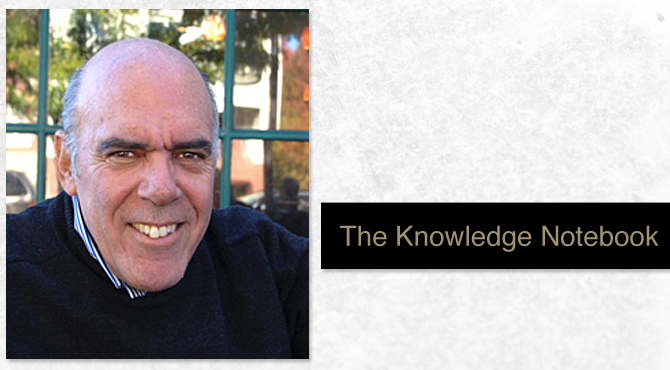
By Laurence Prusak Since the Second World War, something like forty-five major idea-movements have swept through both public and private organizations. They include early time-and-motion studies, the quality movement, reengineering, human potential, and many, many others. Some of these movements promulgate genuinely new ideas; some recycle old approaches under new names. I am quite […]





